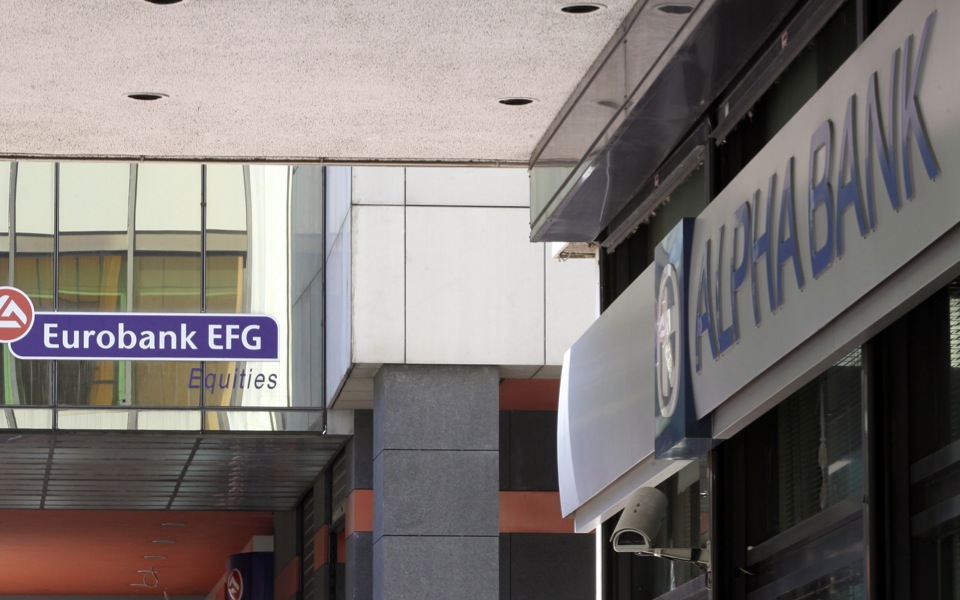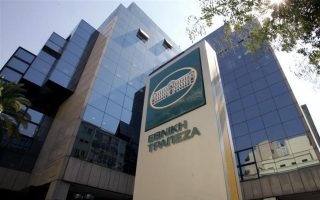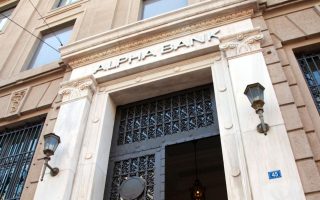Lenders racing for capital increases

After the publication of their capital requirements, local banks are getting their skates on, as within just a few weeks they need to complete share capital increases of more than 5 billion euros in total, aiming at covering the bulk of that amount through private investments and reducing the state holdings to as little as possible.
In the coming days the banks will be holding general shareholders meetings to decide on their share capital increases. After November 15, the book-building procedures will begin, and the level of interest by private investors will determine the price of the new share issues. The increases will need to be completed by mid-December.
The Hellenic Financial Stability Fund (HFSF) will only participate in case a bank is unable to cover its entire capital needs. Each bank must draw from the market at least the level of capital determined by the baseline scenario if it wants to avoid resolution – if it cannot cover the entire needs as determined by the adverse scenario, the HFSF can step in and cover the difference, which would entail 75 percent in contingent convertible bonds (CoCos) and 25 percent in new shares. Therefore, if a bank with capital needs of 500 million euros according to the baseline scenario and 2.5 billion euros by the adverse one only manages to cover 1.5 billion euros, it will have a deficit of 1 billion that the HFSF will cover with 750 million in CoCos and 250 million in common shares.
Those who have held bank shares since Greek equities started to slide can expect to suffer a major loss in value. After the capital increases, the current shareholders (both the state and private investors) who control 100 percent now will have to make do with a far smaller stake.
Eurobank and Alpha are showing the smallest capital needs and therefore have the best chances of needing no state help even according to the adverse scenario. In that case, the state’s holding in Eurobank will be reduced from the current 35 percent to 5-10 percent, while in Alpha it will go down from 66 percent to 15-20 percent.
National Bank also has a good chance of avoiding state assistance, particularly if it sells a significant stake in Turkish subsidiary Finansbank, while Piraeus Bank is hoping to secure major participation in the increase from the private sector.





